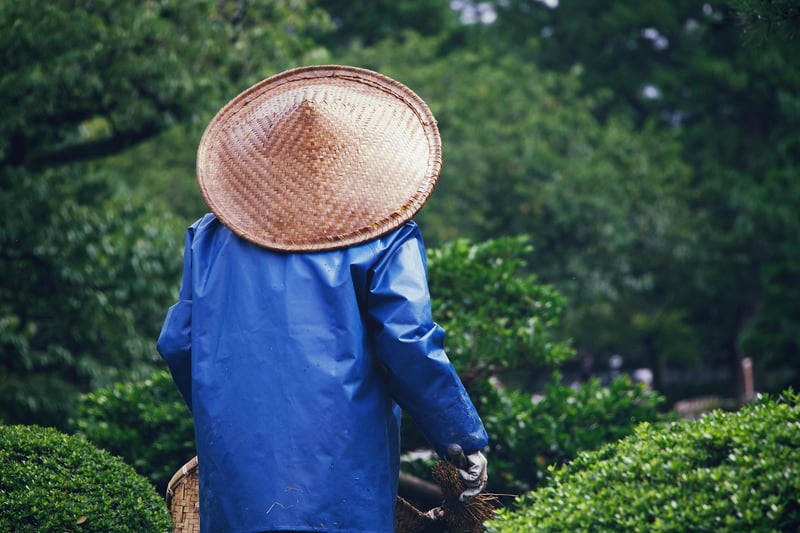Pest Control
Essential Plant Care Practices and Pest Control
Introduction
Welcome to our guide on essential plant care practices and pest control. Taking care of your plants is crucial for their health and growth. In this article, we will cover key plant care practices and effective pest control methods to help you maintain a thriving garden or indoor plants.
Essential Plant Care Practices
1. Watering
Proper watering is essential for plant health. Different plants have different water requirements, so it's crucial to understand the specific needs of each plant. Overwatering or underwatering can lead to issues like root rot or dehydration.
2. Sunlight
Plants need sunlight to photosynthesize and thrive. Ensure your plants are receiving the right amount of sunlight based on their species. Some plants require full sun, while others prefer partial shade.
3. Soil Quality
Good soil quality is vital for plant growth. Make sure your plants are potted in well-draining soil with the right nutrients. Consider repotting your plants if the soil becomes compacted or depleted.
4. Pruning
Regular pruning helps maintain the shape and health of your plants. Remove dead or damaged branches, leaves, or flowers to promote new growth and prevent disease spread.
Pest Control
Pests can wreak havoc on your plants if left unchecked. Here are some effective pest control methods:
1. Natural Predators
Encourage natural predators like ladybugs or praying mantises in your garden to control pest populations organically.
2. Neem Oil
Neem oil is a natural insecticide that can help deter and eliminate common garden pests like aphids, mites, and caterpillars.
3. Diatomaceous Earth
Diatomaceous earth is a powdery substance that can be sprinkled around plants to kill insects by dehydrating them.
4. Companion Planting
Planting certain herbs or flowers alongside your vegetables can help repel pests and attract beneficial insects.
Conclusion
By following these essential plant care practices and pest control methods, you can ensure your plants stay healthy and pest-free. Remember to observe your plants regularly for signs of distress or pest infestation and take prompt action to address any issues.

Happy gardening!
